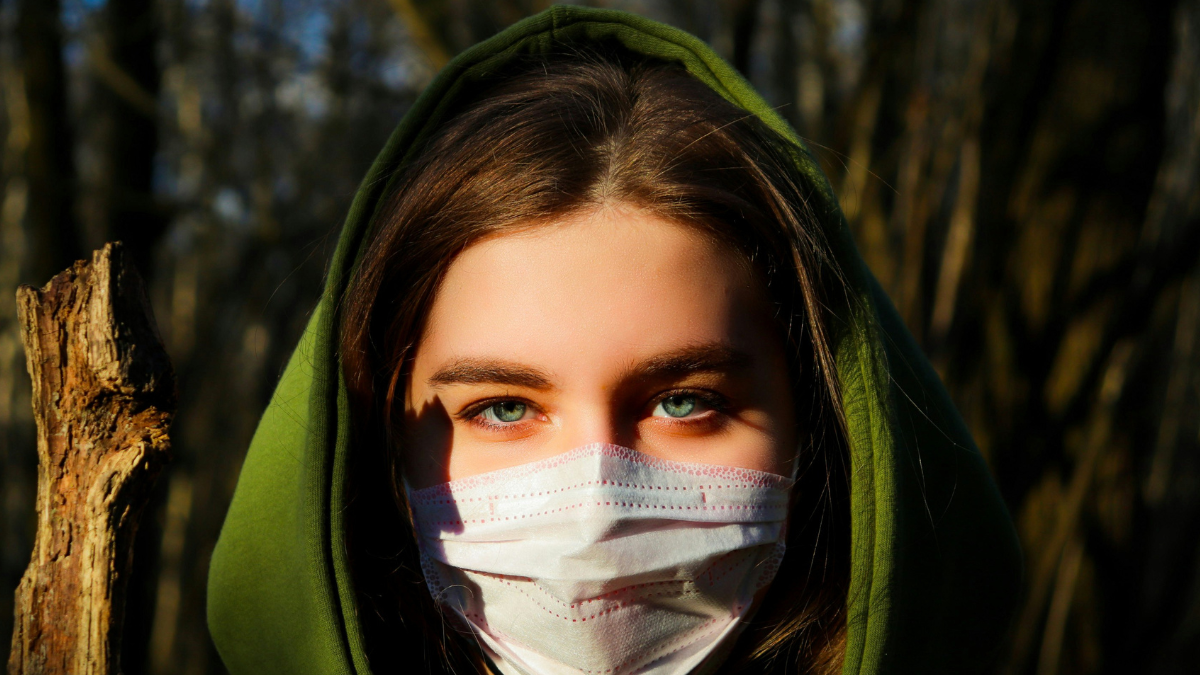Beware Monkey Pox gain of function research.
With monkeypongox gain-of-function research, there are deep debates and considerations required both in scientific and ethical realms. Gain-of-function research involves artificially enhancing a virus’s potency, helping scientists study its behavior and develop countermeasures such as vaccines. However, the major fear is that a more powerful, lab-made version of the virus might escape, leading to an outbreak of a more severe disease variant.
Ethically, manipulating the monkeypox virus is contentious, primarily due to concerns about the intentional creation of more deadly and transmissible pathogens. Such actions raise the issue of dual-use research where scientific advancements might be used for both beneficial and harmful purposes. Issues like obtaining proper consent, effectively communicating risks, and preventing misuse of the findings are crucial and require strict regulation and oversight.
while gain-of-function research holds the promise of significant scientific breakthroughs in understanding and combating viruses, it also poses substantial safety and ethical risks that warrant careful consideration and management.
The potential risks associated with monkeypox gain-of-function research are significant and have raised alarms amongst scientists and ethicists alike. Gain-of-function studies involve the manipulation of pathogens to make them more potent, allowing researchers to understand virus behavior and develop treatments or vaccines. However, this kind of work holds inherent risks, primarily that an enhanced virus could escape the confines of the lab. This could potentially lead to outbreaks of a more virulent and contagious form of monkeypox, difficult to both manage and contain.
From an ethical standpoint, the manipulation of the monkeypox virus draws stern scrutiny. The primary concern centers around the deliberate enhancement of pathogenicity and transmissibility, which poses a dual-use dilemma. On one hand, such research can provide invaluable insights into viral mechanisms and help prepare for future outbreaks; on the other, it risks creating more lethal pathogens. Furthermore, issues of consent, risk communication, and the potential for misuse of research outcomes demand rigorous ethical considerations and oversight.
Considering the concerns and risks associated with gain-of-function research, several recommendations can be proposed for regulating these studies, specifically focusing on monkeypox. Firstly, an international regulatory body should be established to monitor such research projects, ensuring that only essential studies are allowed to proceed and under the strictest safety protocols. Moreover, transparency in communicating the purpose, methods, and findings of these studies to the public is crucial to maintaining societal trust and avoiding misinformation. Enhanced cooperation between nations could also streamline risk assessments and response strategies, better safeguarding global health.
Addressing biosafety and biosecurity measures in laboratories conducting gain-of-function research is equally critical. Institutions should adopt a ‘culture of responsibility’ where safety and security are ingrained at all levels of research operations. This includes the physical security of the laboratories, stringent access controls, comprehensive training programs for all personnel, and robust emergency response plans. Moreover, developing technologies that minimize the risk of accidental release and the capability of rapid containment should a breach occur, are imperative.
Despite the potential advantages of gain-of-function research in understanding and combating viruses like monkeypox, the stakes are undeniably high. Striking a balance between scientific advancement and global security means improving regulatory frameworks, enhancing laboratory standards, and fostering ethical considerations at every stage of research. These efforts will be crucial in harnessing the benefits of such studies while preventing their possible downsides from becoming a reality.
" Conservative News Daily does not always share or support the views and opinions expressed here; they are just those of the writer."





